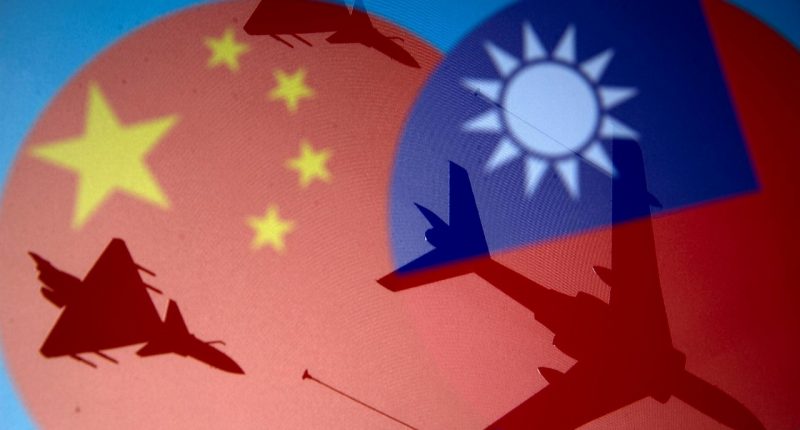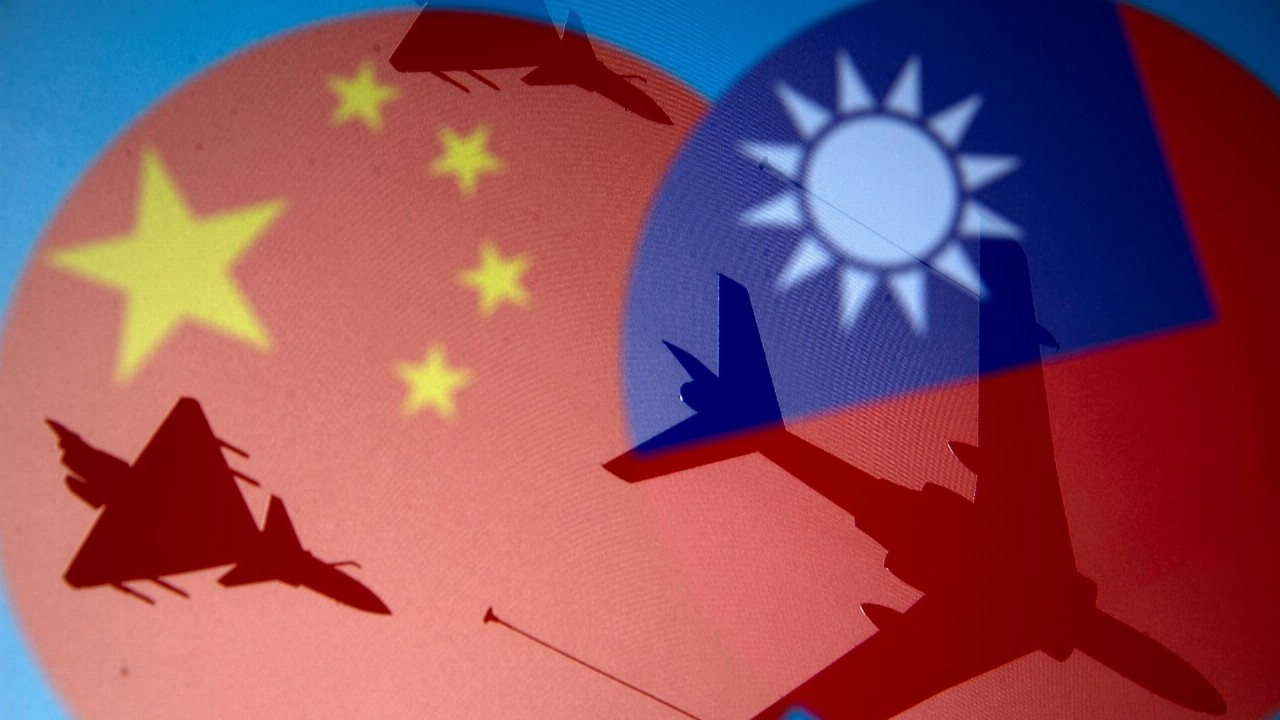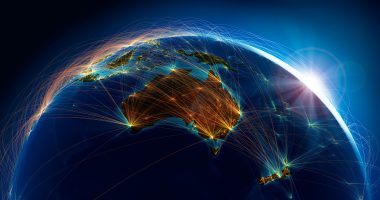- The eyes of the world are fixed on China and Taiwan as tensions between the two countries crescendo amid ever-increasing U.S involvement
- The souring relationship between Taiwan and China has gained international attention in recent weeks, as the self-governed island complains of near-daily Chinese infiltration of its air space
- Ultimately, the dispute stems from China’s desire for “peaceful unification” of the countries, however, Taiwan’s current President does not appear to share the same sentiment
- China’s President Xi Jinping has previously said that China reserves the right to use force if needed, which the U.S has vowed to step in should the need arise
- However, experts on the matter seem to conclude that tensions between China and Taiwan are nothing new and are rather a representation of strategic competition between two global powerhouses
The eyes of the world are fixed on China and Taiwan as tensions between the two countries crescendo amid ever-increasing U.S involvement.
In the last few weeks, the souring relationship between Taiwan and its geographical neighbour — and disputed owner — has been gaining further international attention.
Fundamentally, the dispute comes down to China’s view that Taiwan was and is a part of its country and the international reactions to its subsequent efforts to bring Taiwan back under its wing.
Last year, Chinese President Xi Jinping made calls for peaceful unification of China and Taiwan, describing it as an inevitable requirement for the great rejuvenation of the Chinese people.
In the same breath, however, the President warned that China reserved the right to use force.
Taiwan’s current and previous president’s have both been for the self-governed island’s independence from China.
In recent months, evidence of these tensions has become all the more apparent according to Taiwan, which is reporting near-daily entries of Chinese military into its airspace.
On April 12, Reuters reported on what is being considered the largest infiltration of Taiwan’s airspace of this nature to to date as China flew in 25 military aircraft.
The Taiwanese ministry said that combat aircraft were dispatched to warn away the Chinese aircraft while deploying missile systems to monitor them.
In a broader context, however, the Taiwanese diplomacy dispute embodies a strained relationship between two global powerhouses: the U.S and China.
This particular incident came as senior former U.S. officials arrived in Taipei on a trip in what is seen as a signal of the U.S administration’s commitment to Taiwan and its democracy.
Speaking to reporters earlier this month, Chinese Foreign Ministry spokesman Zhao Lijian urged the U.S to “immediately stop any form of U.S.-Taiwan official contacts.”
The United States has made multiple gestures of support to Taiwan, however, with President Joe Biden declaring a “rock-solid commitment” to helping the country defend itself should the need arise.
Inevitably, speculations of what a kinetic war between the countries might look like and the likelihood of one have been a hot topic of recent discussion.
Experts on the matter have indicated tensions between China and Taiwan are nothing new but represent a new angle in the context of the U.S.’ recent active involvement in the matter and strategic competition with China.








